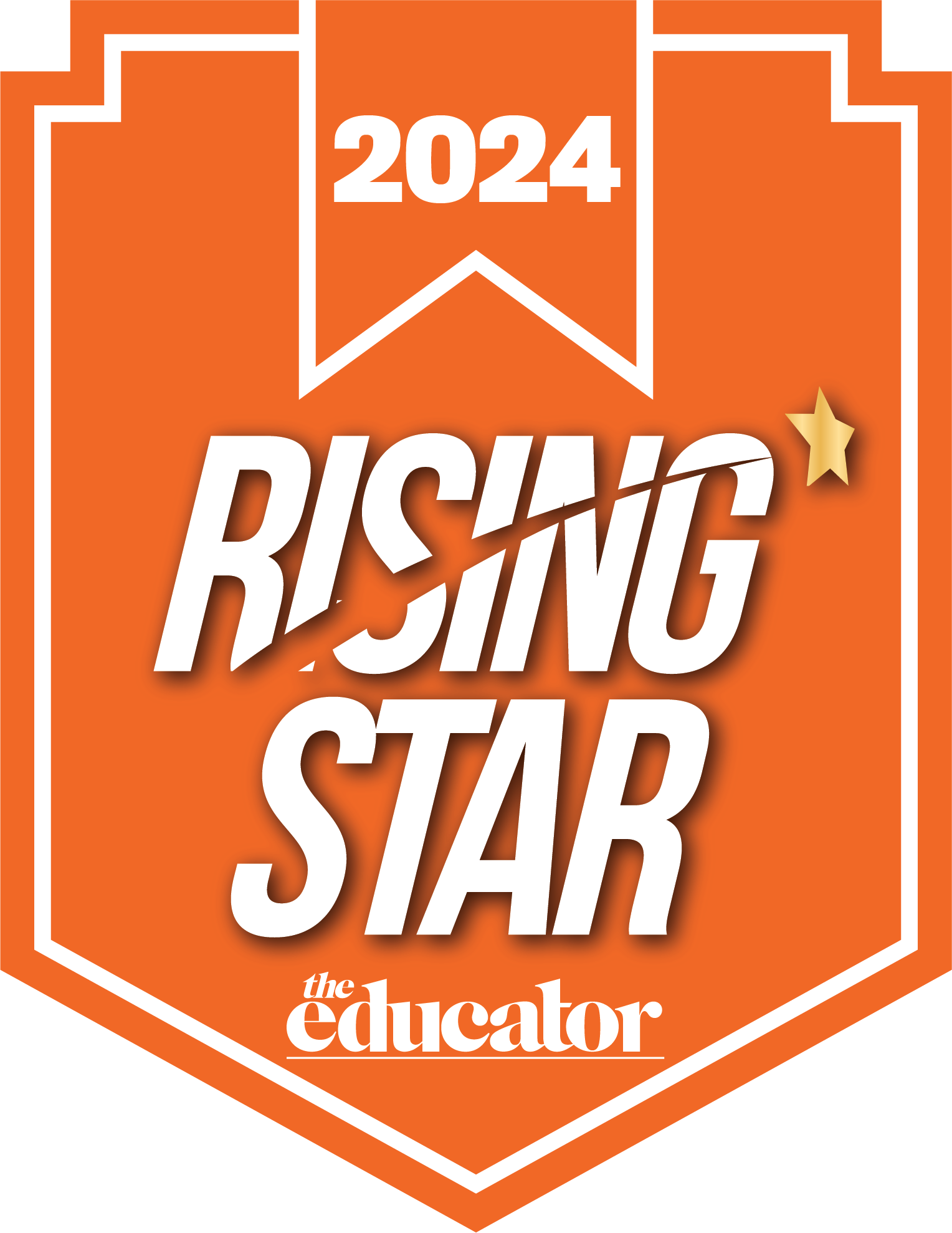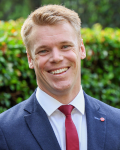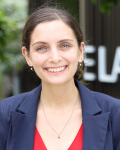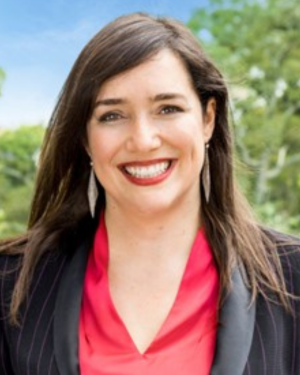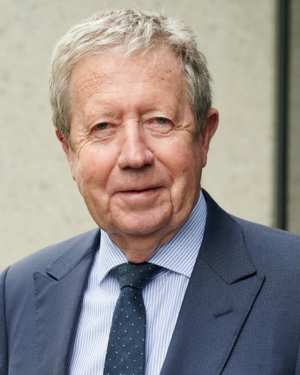- K/12
- Higher Education
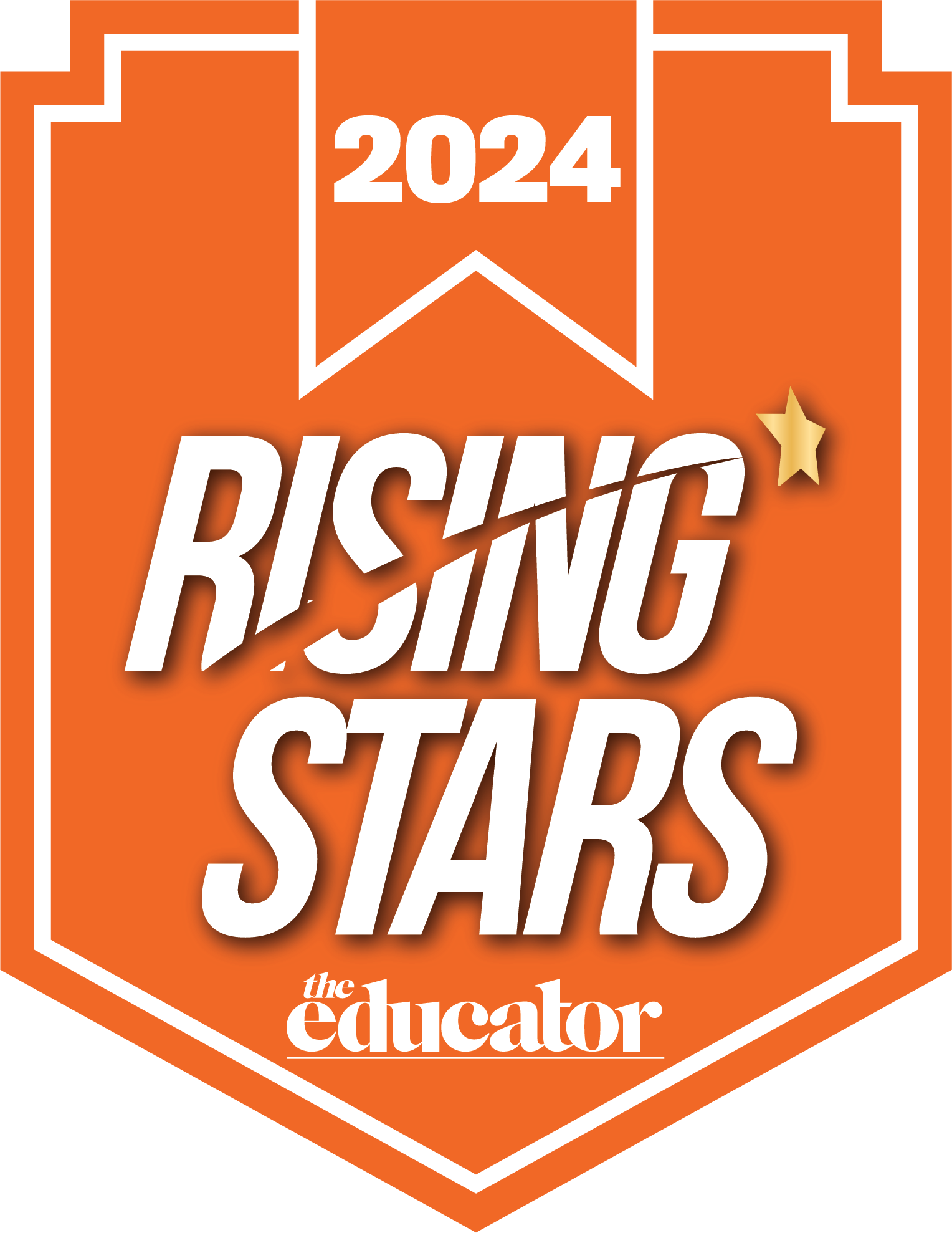
The Top Teachers and Educators
in Australia Under 35
Jump to winners | Jump to methodology
The future is bright
The Educator celebrates the best young teachers across the nation, distinguishing themselves with their commitment and passion.
Discussing what being a Rising Star entails, Chris Duncan, Association of Heads of Independent Schools of Australia (AHISA) CEO, says, “It’s the presence and confidence in the classroom, the capacity to think on their feet, strong subject knowledge acquired from a sound undergraduate degree and a passion for wanting students to learn and keep learning.”
Anne Johnstone, principal of Ravenswood School for Girls, chair of the Positive Education Schools Association (PESA) and global vice chair of IPEN, says, “Brilliant educators have a genuine and contagious enthusiasm that helps build intrinsic motivation in their students. Their dedication to teaching inspires students to discover their own passion and purpose in life.”
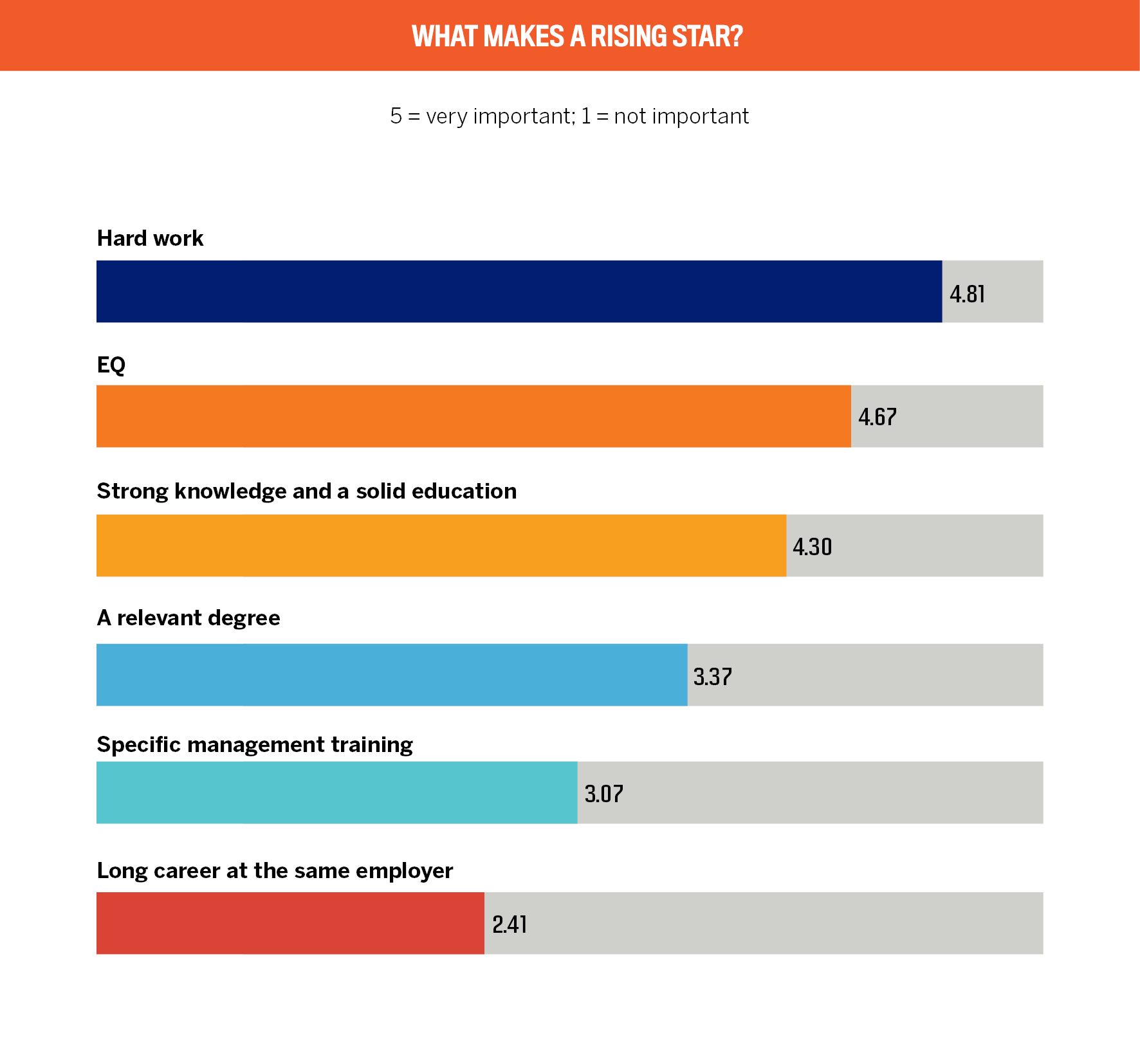
Jason Milner and Michaela Muller – Hills Grammar
The school, situated 30 km north-west of Sydney, has the admirable achievement of having a pair of winners on the 2024 list. However, each has carved their own path to success.
Philosophy
Milner, assistant head of junior school, is committed to enabling students to flourish, mindful that they are individuals.
He says, “I want the students to be the best version of themselves. So, as they move into whatever career they want or if they want to go to university, they have the necessary skills that we’ve provided them as a school and as teachers to ensure they can succeed. We chose education for a reason; it’s to make a difference with the little people around us, to make them feel successful and also to make them understand why becoming a lifelong learner is important.”
This is echoed by Muller, who’s role as a tech teacher allows her the flexibility to support children who respond in different ways. Her classes include cooking, woodwork, metalwork, textiles and project-based skills.
“I usually get the kids who maybe don’t belong or who get in trouble in the normal classes because they can’t sit still,” she says. “They fidget and just don’t have that passion for, maybe, history or English. They come to me, and the one thing I strive to do is make connections.”
An example of this is taking soccer-loving kids and setting them the task of designing and building their own goal posts.
Muller says, “With all my kids, I know who they are and what their passion is. I make sure my classwork relates to what they like to be involved in, then look to bring other subjects into their understanding.”

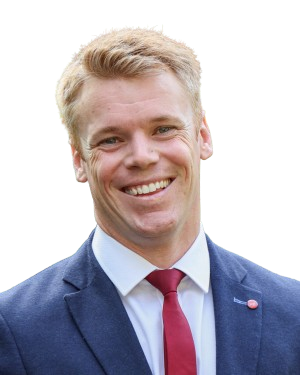
Jason MilnerHills Grammar
Specialisms
In addition, Muller is also acting head of design and innovation, incorporating sustainability into her role, after previously being the school’s leader in sustainability. She stresses how this differs from being in the classroom.
“When you teach sustainability, you teach it based on the curriculum,” she says. “It’s very different from actually implementing it in a school setting.”
The position has seen Muller:
- run workshops and an expo, including the school’s version of the Earth Shot challenge
- formed Project Change, a group of 30 children who meet weekly to discuss sustainability on campus and also study the vegetation and wildlife on the 50-acre grounds
- organised fundraising events to fund more sustainable initiatives
- installed branded return and earn recycling bins
She says, “All the money we’ve been getting from the return and earn, the kids are putting into a sustainable garden. I’m a very hands-on person, so doing this is the way that I can make change with the kids.”
Milner also has a series of responsibilities, which include:
- operations (excursions and events)
- student wellbeing
- curriculum
A particular area of expertise is technology, as evidenced by his awards:
- Master of Education in Educational Research
- Google Certified Educator
- Microsoft Innovative Educator Expert
- Apple Distinguished Educator
Under his leadership, the Year Six children have developed a device to help farmers increase crop yield.
Milner says, “Technology is a really nice way for them to communicate effectively. I found that for the kids who don’t like to write everything out or to speak in front of a whole class, they can actually use it to enable them to share the knowledge they’ve developed.”
He also stresses that it’s not about replacing ingenuity.
“I call it looking beyond the device,” says Milner. “You’re using it as a creation tool, rather than a consumption tool.”

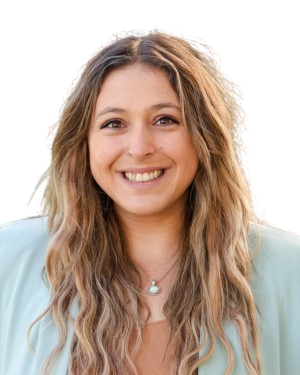
Michaela MullerHills Grammar
Legacy
Looking to the future, Milner already knows what he wants to impart to his students.
He says, “They need help and support, and we can do that by being almost that guiding light. It sounds very cliche, but we can be that person with whom they can safely make mistakes. We’re going to say, ‘It’s okay, buddy. You’re supposed to make mistakes at this age; we’re going to help and guide you through this.’”
Muller is keen to sacrifice any grand recognition for being there in the moments that might be small but important.
“I want to be that impactful teacher,” she says. “I don’t need it to be that I’m the most amazing and best teacher. I want it to be that in the time they needed someone, I was there, getting them to achieve something they didn’t think they would get to achieve.”
Louise Parker and Lauren Germanotta – The Lakes College
Also proudly sporting a winning duo is the North Brisbane school, who have both carved out their own routes to the top but share many priorities as educators.
Philosophy
Parker, a secondary teacher in mathematics and HPE, is only in her second year but has a clear idea of her role.
She says, “I like to know the students in front of me rather than just their names on the page.”
Conceding that maths is not always viewed as the most fun subject, Parker combats this.
“I want them to be engaged and have a fun time,” she says. “I bring a lot of energy, enthusiasm and excitement to the lesson.”
While Germanotta relishes being able to give her kids the best start to their school lives as a Year 1 teacher. She focuses on giving them positive habits and ingraining lessons they can use going forward.
Germanotta says, “It makes it easier for them to go about their daily lives because they don’t need to think about it as they get older. We spend time teaching them and being honest with them in an age-appropriate way about how things work and what their bodies need. It’s not robotic and just doing what they’ve been asked; they actually have a genuine understanding of why we’re asking them to do things or why they have to make certain decisions as they get older.”

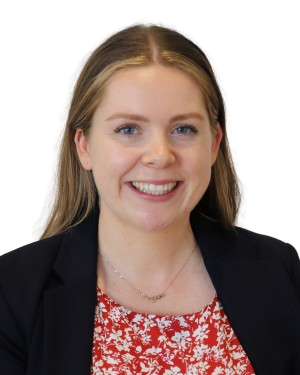
Louise ParkerThe Lakes College
Specialisms
Preparing her students for the future ties into Germanotta’s area of expertise – the brain. This interest has led to her earning:
- Graduate Certificate in Brain Based Education with Distinction in 2018
- Master of Educational Neuroscience with Distinction in 2022
This enables her to put meaning behind her lessons.
“When I’m asking them to put their hands together, say the word and do the movement, I’m giving multiple opportunities for their brains to connect to something,” says Germanotta. “As you practice, the links in your brain get stronger, tougher and bigger, so that they understand I need to practice because that’s what makes my brain strong.”
Highlighting just how much is happening, Germanotta says, “There’s the basic parts of their brain, the brainstem and the amygdala, and that’s the smart part of their brain, but when they get anxious or stressed, they know that they lose that top part of their brain, and they focus more on the emotional part. I give them strategies to calm themselves down so they can think through the process properly.”
And despite Parker being so new to her career, she has already taken on added responsibility as junior mathematics coordinator. As the youngest member of the team, she leverages her age as an advantage.
She says, “I don’t have the experience that other teachers have, but maybe I have these fresh ideas from having studied at university recently. That gave me a bit of perspective, which was nice because it made me feel like I did have credibility.”
By gaining that confidence, Parker plays a key role in designing and implementing maths programs across Grades 7 to 9.
“They look to me to make decisions and not tell them what to do but guide them in a direction,” she says.
Along with this, former player Parker is the school’s netball coordinator.
She says, “It’s a nice way to still be connected to the sport and do something that I love that is connected to my job.”
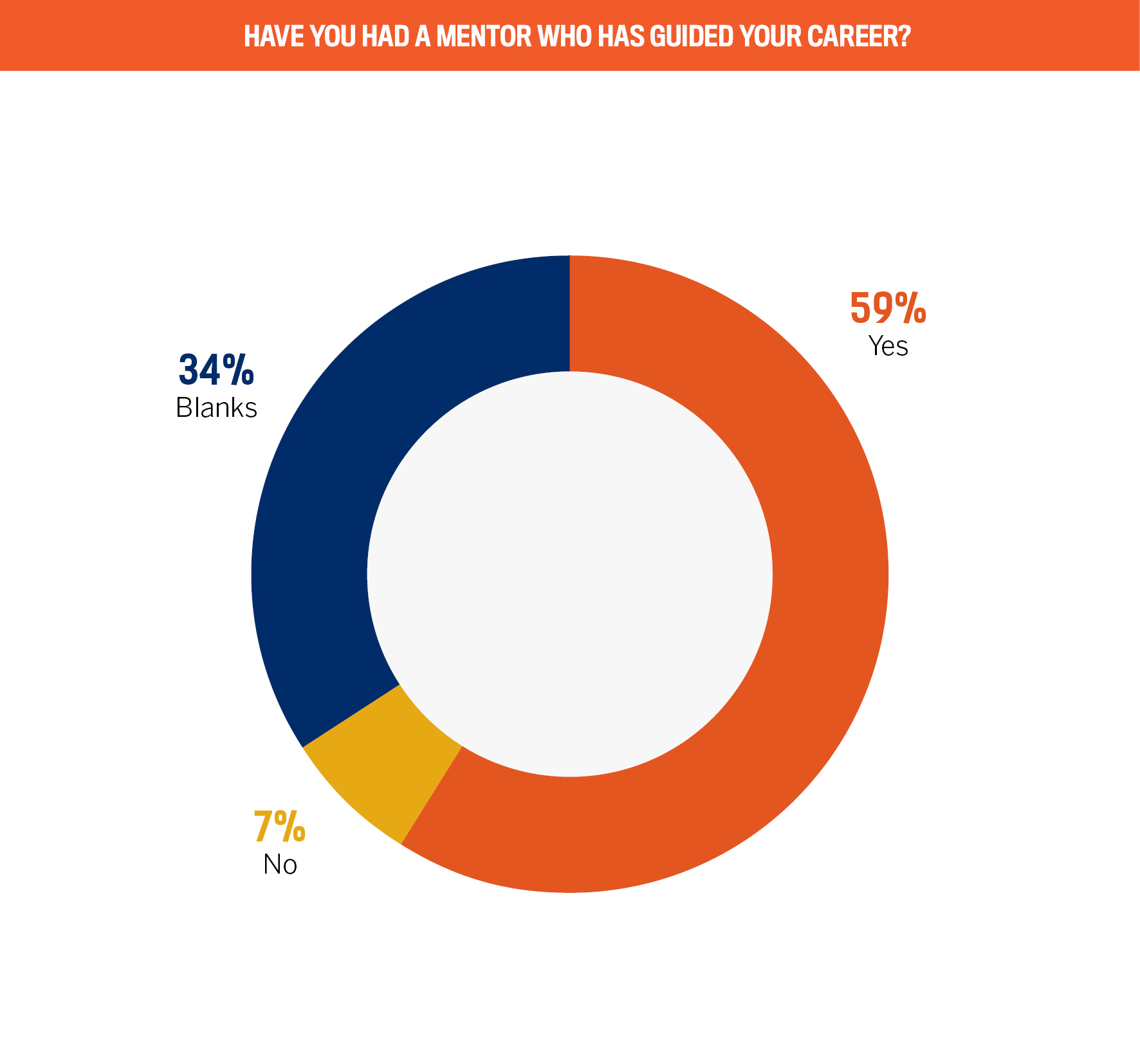
Legacy
Bringing culture into her lessons is something Parker focuses on. As an Aboriginal woman from Dharug Country, she shares a perspective that some children may not have encountered.
“As a society, we are getting better at introducing First Nations culture into schooling and teaching kids who are not from that background about the history and culture,” says Parker. “It’s something I’m passionate about bringing into my classroom, teaching from my culture and educating from that.”
Parker uses traditional Indigenous games such as:
- Tarnambai – Students throw rosemary in the air and try to catch it while running, then calculate the probability of how successful they are.
- Kai – Teams keep a foam ball, traditionally made of fruit or animal skin, up as many times as possible, recording the number of hits before it touches the ground.
She says, “I find the kids seem to really respond and value it.”
For Germanotta, a key focus is on allowing children to be free to explore. Instead of shutting down questions that may divert temporarily from a lesson, she encourages them.
“I take the kids on a little journey; those best conversations are almost the sidetracked conversations where they’ve just asked a really interesting question, and we end up deep diving into something,” she says. “And then they’re all asking questions and having that conversation together. That’s the best part because that’s their genuine learning and curiosity and going along with them as they learn is awesome.”

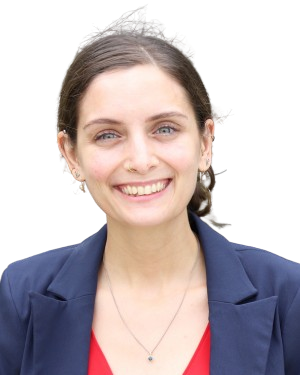
Lauren GermanottaThe Lakes College
The Top Teachers and Educators in Australia Under 35
- Abbey Tamsen
Teaching and Learning Coordinator
Marsden State High School - Anthony Dickerson
Assistant Head of English Department
The King’s School - Anthony Merlino
Classroom Teacher
Richmond High School - Brittany Slade
Coordinator, Year 8 and Science Teacher
Lindisfarne Anglican Grammar School - Chenelle Pereira
Equity, Inclusion and Diversity Coordinator
Brighton Grammar School - Daniel Edwards
STEM Teacher
Montello Primary School - Darren Ponman
Acting Principal
Hunter School of the Performing Arts - Darryl Kelshaw
Head of PDHPE
Penrith Anglican College - Elizabeth Gresham
Teacher
Brisbane Boys’ College - Ellen Cunningham
Head of Private Tuition and Senior Mathematics Teacher
St. Joseph’s Nudgee College - Emily O’Connor
Head of Department
Leichhardt State School - George Allen
Teacher/High Abilities Coordinator/Head of Science
Cobram Secondary College - Georgia Cleeland
Teacher of Senior History and English, Senior Mentor, PLT Leader, Inquiry Leader and Head of House
Strathcona Girls Grammar - Hannah Peace
International Student Coordinator, EAL Teacher, EAL Coordinator and Head of House
Strathcona Girls Grammar - Jacob Cheung
Teacher
Bellbird Park State Secondary College - James Williamson
Teacher
Bellbird Park State Secondary College - Jay Chew
Select Entry Enrichment Program Coordinator
Al-Taqwa College - Joselyn Lee
High School Preparation Teacher
Queensland Education - Joshua Barden
PDHPE Teacher, Sport and Wellbeing Coordinator
Emmaville Central School - Joshua Foulis
Deputy Principal (R-12)
St Paul’s College - Kristy Burton
Teacher
Education Queensland - Lachlan Jones
Lead Educator
St Philip’s Christian College - Lachlan Macintyre
Science and Marine Curriculum Leader
Belmont Christian College - Lauren Warschauer
Health and Physical Education
Department of Education - Madison Smith
Early Career Teacher
Monterey Secondary College - Michael Edwards
English/Humanities Teacher and MIC of Girls AFL
Brisbane State High School - Mitchell Mills
Head of Year 11/12
Saint Stephen’s College - Natasha Muller
Head of Mathematics and Numeracy Faculty Middle School
Beaconhills College - Nicole Goodwin
Head of Arts/Art Teacher
Bentleigh Secondary College - Patrick Johnson
English Curriculum Coordinator/Gifted Education Key Teacher/Teacher
Kildare College - Reese Joyce
Teacher and Sustainability Coordinator
Luther College - Ryan Pollock
Primary Teacher
Caloundra Christian College - Sarah Aicken
Head of Department
Varsity College - Tara Bourne
Director of Junior School (Student Care and Experience)
Canberra Girls Grammar School - Vincent Chiang
Head of Enrichment and Extension
Melbourne Grammar School - Ysabella Chambers Dawson
Director of Pastoral Care
Loreto College Coorparoo
Insights
Methodology
The Rising Stars 2024 report was launched with a call for entries from the entire Australian K–12 education sector. To be eligible, candidates must be aged 35 or younger, be working in a role related to the K–12 education sector, and have demonstrated effective leadership, innovation and achievement in their career to date. Both self-nominations and nominations on behalf of colleagues are accepted.
The winners were judged on the substance of their nominations, namely, those that illustrated specific outcomes that were achieved and the relevant data to support their claims. The Educator team carefully reviewed each nomination, examining how each individual had made a meaningful and tangible difference to teaching and learning outcomes in their schools. This could include data on improvements across key areas such as students’ in-class engagement, academic achievement, attendance and wellbeing.



